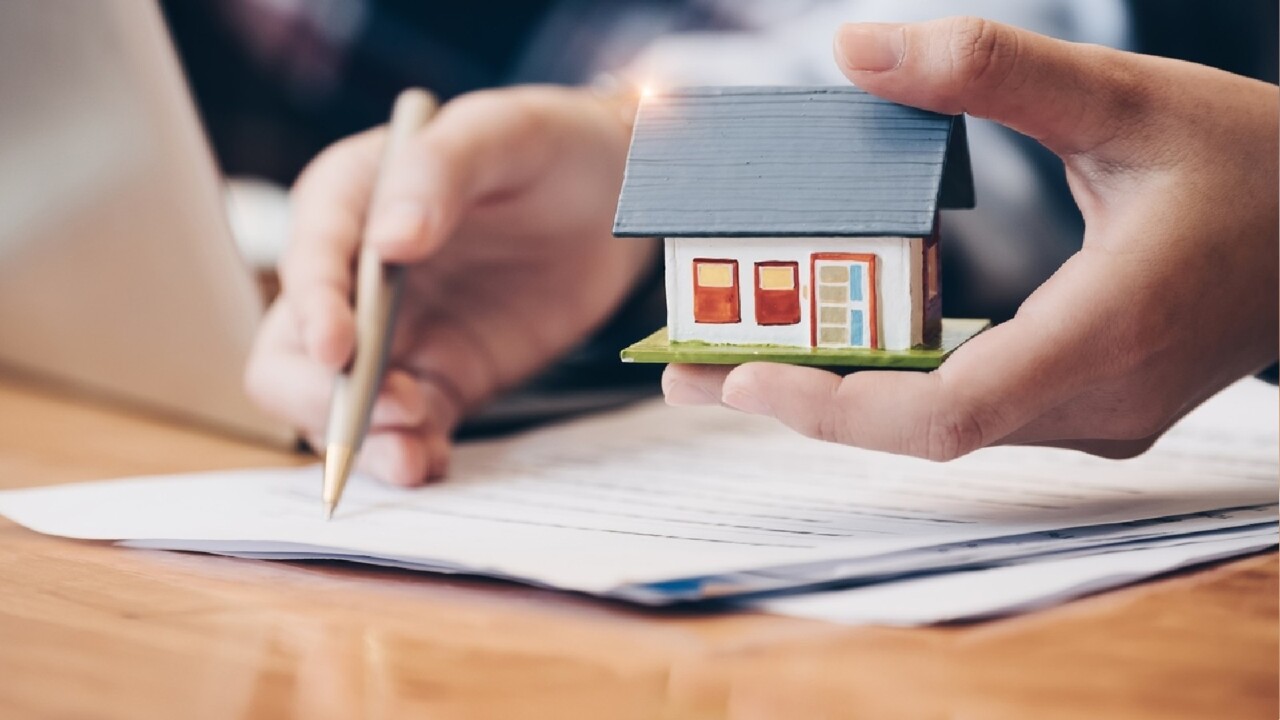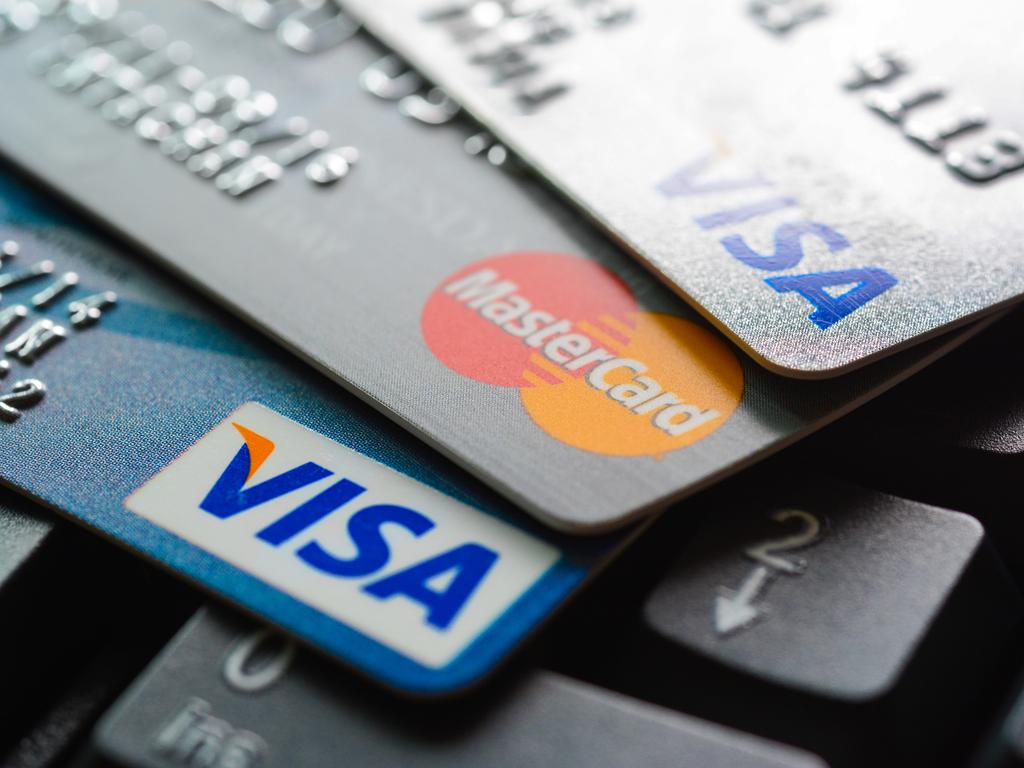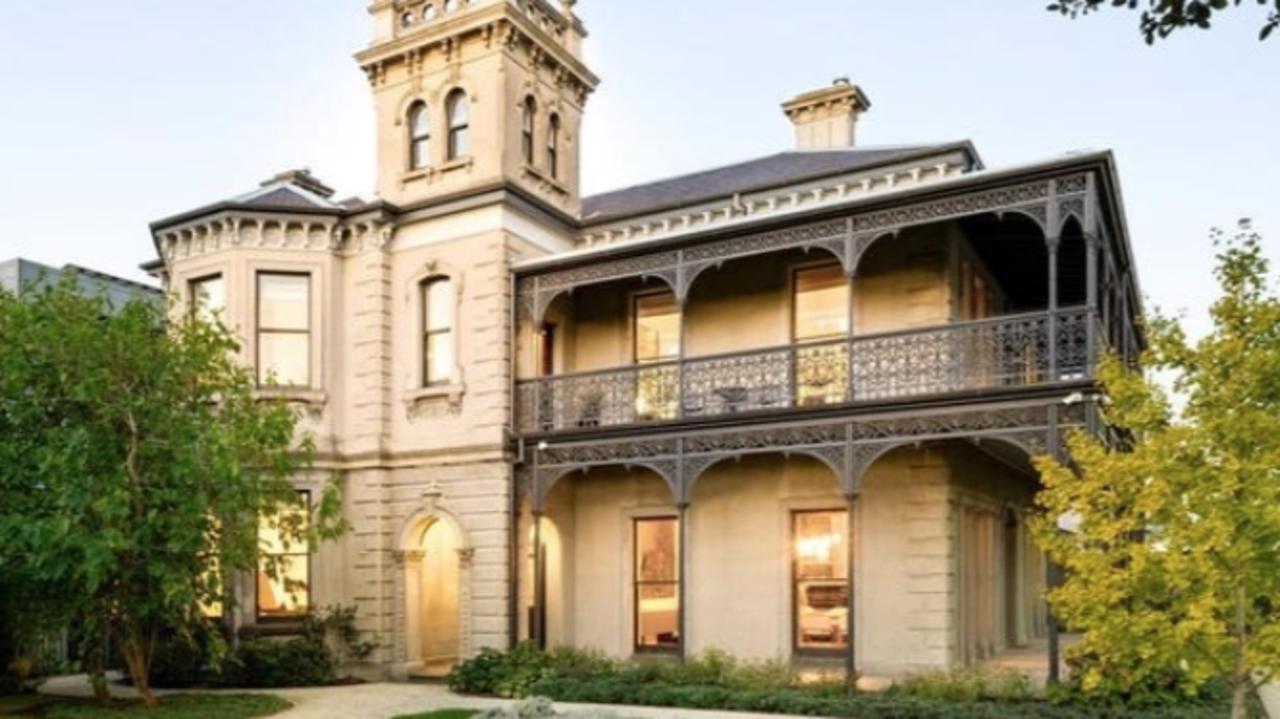‘Magic number’ first home buyers need to know
If you’re looking to enter the property market, there’s one simple thing you need to know before taking out a mortgage.

Getting a mortgage is one of the most daunting parts of adult life, with the endless forms and confusing language making it a potential minefield.
But there are some simple steps you can take to make the process easier, and ensure you get approved.
We chatted to Mortgage Choice broker Chris Longwill to get his tips and tricks for a stress-free process.
Saving for a deposit
Mr Longwill said buyers get told “all the time to save a 20 per cent deposit or have a 5 per cent deposit”.
But Mr Longwill recommends his customers to actually think about 13.5 per cent – a “magic number” for any deposit you need.
“5 per cent for the deposit to the bank, 5 per cent to stamp and big charges, including your solicitor for conveyancing costs and fees. And the other three and a half per cent is usually towards Lenders Mortgage Insurance so the LMI,” he said.
“So 13.5 per cent of whatever price that you’d like to purchase is what deposit you need.”
“It’s a really easy way to help buyers know what their deposit needs to be when they’re at an auction or when they’re going to look at an open inspection.”
Knuckle down and save your money
Mr Longwill advises potential home buyers to “rein in your lifestyle” and save any additional income straight into your savings account.
“Don’t live beyond your means because when you buy a house, prepare yourself to have a more important commitment than going out three times a week for drinks,” he said.
“If you can save your mortgage repayments per month plus a buffer usually $2000, then you’re mortgage ready.”
He also advises to avoid taking out of your savings as “banks don’t want to see you dip into your savings account”
Set a realistic budget
For first home buyers, Mr Longwill recommends setting a budget to better understand how much council rates and electricity bills will cost, especially if you’ve always live at home.
“As a rule of thumb, use $500 a month as roughly what you should budget for your insurance, your home contents insurance, council rates or utilities,” he said.

Review your credit card debts and limit
The main change potential home buyers should consider is reducing their credit card debt when applying for a mortgage.
By lowering your credit card limit, it can reduce the amount of interest accrued, and reduce the temptation to overspend – making you less of a liability to lenders.
Mr Longwill said this is the first step in reducing your low lying debts.
“Look into your financial situation and consider whether you really need a credit card with a $25,000 limit and instead reduce it to either $10,000 of $5,000,” he said.
“Also review your credit card debts, pay them off and reduce the amount of monthly expenditure that comes out.”
It’s also worth closing any Afterpay and Zip pay accounts.

Maintain ‘strong’ employment
According to Mr Longwill, a customer’s “strength of employment” is one of the most important factors banks consider when applying for a mortgage.
“I would say the people that usually can never get a home loan are usually people that aren’t very good savers and people who have changed jobs a lot and are usually casual, full time casual,” he said.
“Have a discussion with your broker about your employment, and do your best to take their advice.”
“You don’t want to change or unsteady your employment during your savings and loan approval process.”
Understanding your credit score
The biggest misconception home buyers have about becoming mortgage ready is understanding their credit report.
“Your credit score does not depict what percentage rate you’ll get for your mortgage,” Mr Longwill said.
“A lot of people say “I’ve got a really great credit score, that means I’ll get a better interest rate, right?”.”
Mr Longwill advised credit scores will only guarantee you a better interest rate for personal loans, not mortgage payments.



